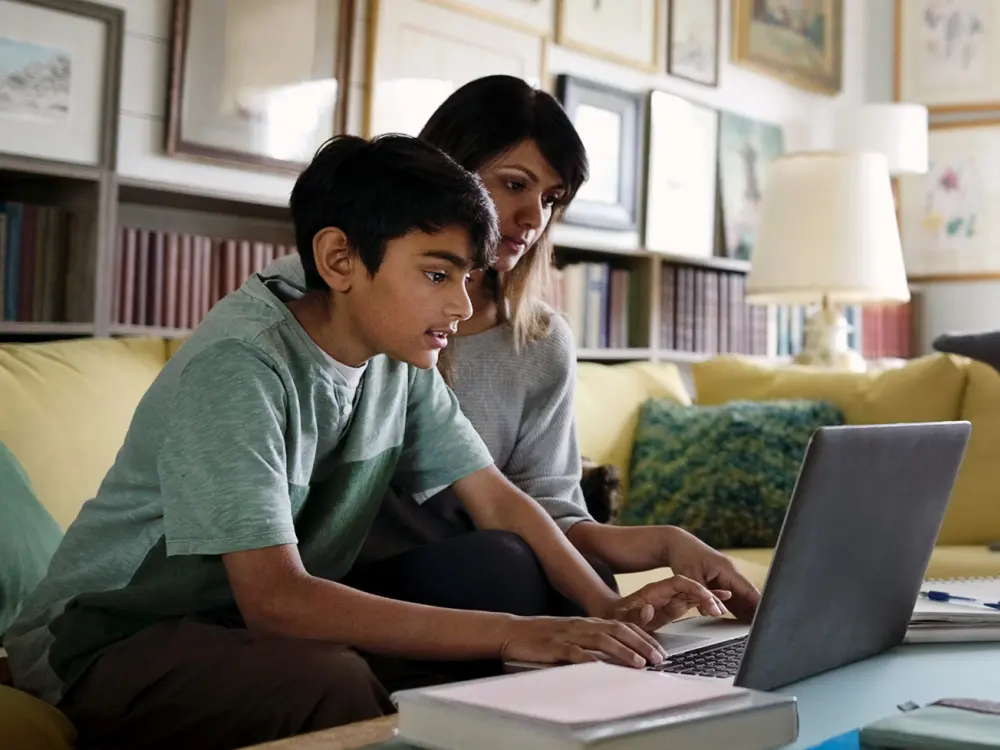How will you explain the fresh acne scars on your child’s face? Or tell your son the reason behind his cracked voice? It is important for the parents to understand how their children are experiencing puberty. Tackling puberty is equal to solving a complex arithmetic problem for every child.
Everything happens rapidly. While some of them may cope up well, some children might need help and immense emotional support. The best help for children during puberty are their parents. Parenting your children optimistically will help them to adapt to the new changes gladly.

What is Puberty?
Every person goes or has gone through puberty. Puberty is the stage where a girl or a boy starts experiencing major physical as well as emotional changes. These changes are indications as well as preparation for the person to grow into an adult. Puberty shows up in girls between the age of 8 to 13 years and between 9 to 15 of age in boys. This stage requires an immense need of parenting your children regarding the fresh set of emotions they feel and changes they see in their appearances.
How to Explain Puberty to Your Child?
It can be an extremely hard task when it comes to explaining puberty to your children. This might require you to have a great deal of patience as well as understanding. You need to plan out the ways you will be explaining things to your children and avoid any kind of repulsive approach in return.
Once you decide to help your child in this confusing yet inevitable stage of transition into adulthood, Podium School has you covered when it comes to how to decode puberty for your adolescent.
Try To Comprehend Your Child’s Nature
Just like how our five fingers differ in size and shape, our children are also not the same. Before telling them a big deal of information about puberty, you must give a shot at understanding their behavior and personality.
This will also aid you in deciding when to help them. For instance, if your child has a reserved approach towards new things, you will have to speak about puberty beforehand so that he or she is familiarized with it and does slip into a panic.

Listen To What Your Child Knows
Before you proceed to explain all that you know of puberty, ask your children what they know about it. You can start by asking them simple questions like “Have you noticed any kind of new change in you?”
Asking them such questions will act as an ice-breaker. Further, you can understand what your children know about puberty or if they have experienced it lately.

Impart Them the Facts about Puberty
As a parent, you need to be clear about what you know about puberty. Before parenting your children, know the facts and myths regarding puberty. Impart what is necessary. Along with you must also explain to them the invalidity of the myths regarding puberty. Disclosing the right knowledge about puberty will assure your children that nothing is wrong with them but everything which is happening to them is a part of their growth.

Use Books Or Movies to Explain Your Point
Books or movies can be a real help to you while explaining puberty. Using the right book or movie for explaining puberty can be ideal when you feel that conversing with your child is difficult. Especially, if your child shares very few things with you, advising them to watch a movie or read a book based on puberty, will help them understand the concept better.
Additionally, if your child is very close to you, choose a book or movie you both have seen and which has some highlights of about puberty. After this, try to have discussions concerning a particular scene or instance you both have experienced.

Give Your Children Privacy
Mood swings are very natural when your child is experiencing puberty. It is okay for you to worry about your child but at the same time, do not nag at them about everything they do.
Lack of privacy will only widen the gap between you and your child and they might feel withdrawn. Try to be calm and open up to them when they are ready to talk about the things they experience. Let them have access to their own time but also, ensure them that you are there to help.

Teach Them To Appreciate
Puberty can make your child feel insecure about themselves. These insecurities can arise due to changes in facial features and structures. Acne, oily skin, varied body shapes, and established beauty standards might make your child conscious about how they look.
They might also begin comparing themselves with others and feel inferior more than often. In such times, you need to be casual with your child and tell them that they are normal, natural, and beautiful in their own way.

Final Thoughts
It might be a mammoth task for you as a parent to see your child go through drastic emotional and physical changes in puberty. But, all of these can turn out to be a beautiful part of growing up if you assist them well.
This is precisely where we enter. With Podium School’s updates on Parenting, you can brush yourself up on all that it takes to be an uber-cool parent and your children’s best friend.
With the right guidance, you can witness your children growing from a period of confusion to developing stability over their new emotions and beliefs.
Apart from providing such assistance, Podium School also fosters your need of knowing the latest trends and happenings. You can get your children to release their hyper energies of puberty positively by enrolling them in influential activities of Creative Writing and Public Speaking. By being at your children’s side, you instill in them the faith that “Everything is gonna be alright!”
Have fun reading with us! Till then, a gaiety Aloha!
Share with your friends






